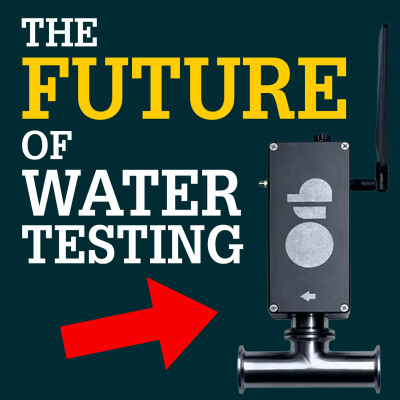Description
Sarah Kapnick is Chief Scientist at the National Oceanic & Atmospheric Administration. The US NOAA aims to enrich life through science. From the sun's surface to the ocean's depths, the Agency works to keep the public informed of the changing environment around them.
There are a lot of parameters to consider when planning infrastructure for today and the decades to come. It is a compound of existing assets, communities, social issues, vulnerabilities, and so on and so on.
But maybe before all of that, there's one essential compound: data. Indeed, if you don't know where your infrastructure lies - sounds crazy, I know, but that happens every day; check my conversation with Olivier Narbey if you want to hear some nasty stories about that - how are you supposed to plan your infrastructure's evolution?
Yet, that's arguably data you can acquire locally, which almost depends entirely on you. The same is true for social issues or, to a certain extent, communities and their evolution.
But when it comes to broader climate insights, that changes quite a bit. Climate change is global, and even if its impact is very local, linking both isn't a piece of cake at all. Information exists, but it's often quite scattered and hard to compile.
This is why having central initiatives to compile relevant datasets, combine them in a purposeful way, and deliver them in a format that ensures they can be used straight away is so important. And that's the baton the National Oceanic & Atmospheric Administration has taken up in the US; I'll let Sarah explain how and why.
For now, I'll let you dive into her work with my usual reminder that if you like what you hear, please take this episode and share it with a colleague, a friend, or your LinkedIn network! That's the best way to support me and to get that podcast known to more people, one pair of ears at a time. Come on, do it, and I'll meet you on the other side!
Where's Practical Climate Data when you Desperately Need It?
Hosted on Ausha. See ausha.co/privacy-policy for more information.
![[Extract] "Climate Issues aren't decades off from now..." - Sarah Kapnick - National Oceanic & Atmospheric Administration cover](https://image.ausha.co/rIj3IiVMA7WC6JBLOKzIJwbOa1HieGf1vWn87hAt_400x400.jpeg)

![25 Years of Acquisitions Built This Water Tech Powerhouse [M&A] cover](https://image.ausha.co/6xHgWghhG8OqgQaZ4Jpi3EzqoqcC8w1w1vWw6qNl_400x400.jpeg)

